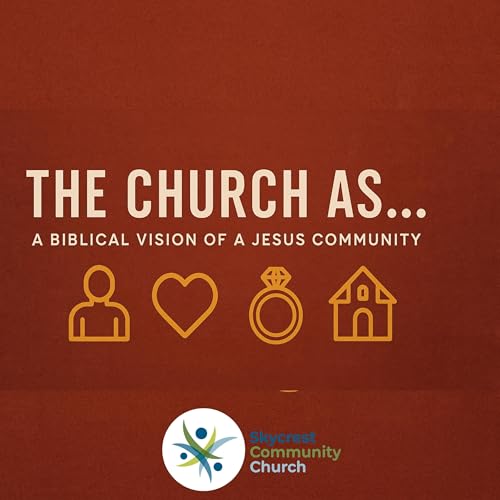Simon Says: Be Secure in God's Grace On this Super Bowl Sunday, we delve into the fifth week of our series, "Simon Says," exploring the transformation of Simon, son of Jonah, into Peter, the rock. This journey highlights the grace of God in shaping Simon into a leader among Jesus' disciples. A critical moment in this transformation occurred on Mount Hermon when Simon declared Jesus as the Messiah, a revelation given by God, not discovered on his own. The Transfiguration: Mark 9:2-10 The focal Bible passage for this sermon is the transfiguration of Jesus, as recounted in Mark 9:2-10. Jesus takes Peter, James, and John up a high mountain where he is transfigured before them. His clothes become dazzling white, and he is joined by Elijah and Moses. Peter, overwhelmed and frightened, suggests building shelters for them, not fully understanding the divine encounter. Understanding Grace and Insecurity The sermon emphasizes that Simon Peter's journey to leadership was a gift of grace, not something earned by ambition or effort. This grace was evident in various aspects of his life, including his name change and leadership role among the disciples. However, Simon struggled to grasp this grace, often focusing on his failures and feeling the need to prove his worth. Simon's Background: As a hardworking fisherman, Simon was accustomed to earning his keep through sheer effort. This mindset made it difficult for him to accept that his standing with Jesus was a gift of grace. Insecurity at the Transfiguration: During the transfiguration, Peter's suggestion to build shelters was a reflection of his insecurity. He felt the need to justify his presence among Jesus, Moses, and Elijah, despite being chosen to witness this divine moment. Lessons from the Transfiguration Be Secure in God's Grace: The key takeaway from Simon's experience is the importance of resting in God's grace. We are encouraged to be secure in our relationship with God, knowing it is not earned by our deeds but given through faith. Stop Striving: God’s voice from the cloud, "This is my son, whom I love. Listen to him," serves as a reminder to cease striving and listen to Jesus. Our relationship with God flourishes not through our efforts but through understanding and accepting His love and grace. Be Present and Grateful: Simon's insecurity almost caused him to miss the glory of the transfiguration. We are encouraged to be present in sacred moments, appreciating the grace God extends to us without making it about our worthiness. Finding Rest in Jesus The sermon concludes with a call to find rest in Jesus, as he invites us in Matthew 11:28, "Come to me, all you who are weary and burdened, and I will give you rest." This rest comes from being secure in the relationship with God, grounded in His love and grace. In summary, the journey of Simon Peter teaches us to embrace God's grace, be secure in our relationship with Him, and focus on listening to Jesus. By doing so, we can find peace and rest, knowing we are loved and cherished by our Heavenly Father.
続きを読む
一部表示
 2026/02/197 分
2026/02/197 分 2026/02/1742 分
2026/02/1742 分 2026/02/1039 分
2026/02/1039 分 2026/02/0335 分
2026/02/0335 分 2026/01/2736 分
2026/01/2736 分 2026/01/2038 分
2026/01/2038 分 2026/01/1346 分
2026/01/1346 分 2026/01/0645 分
2026/01/0645 分
